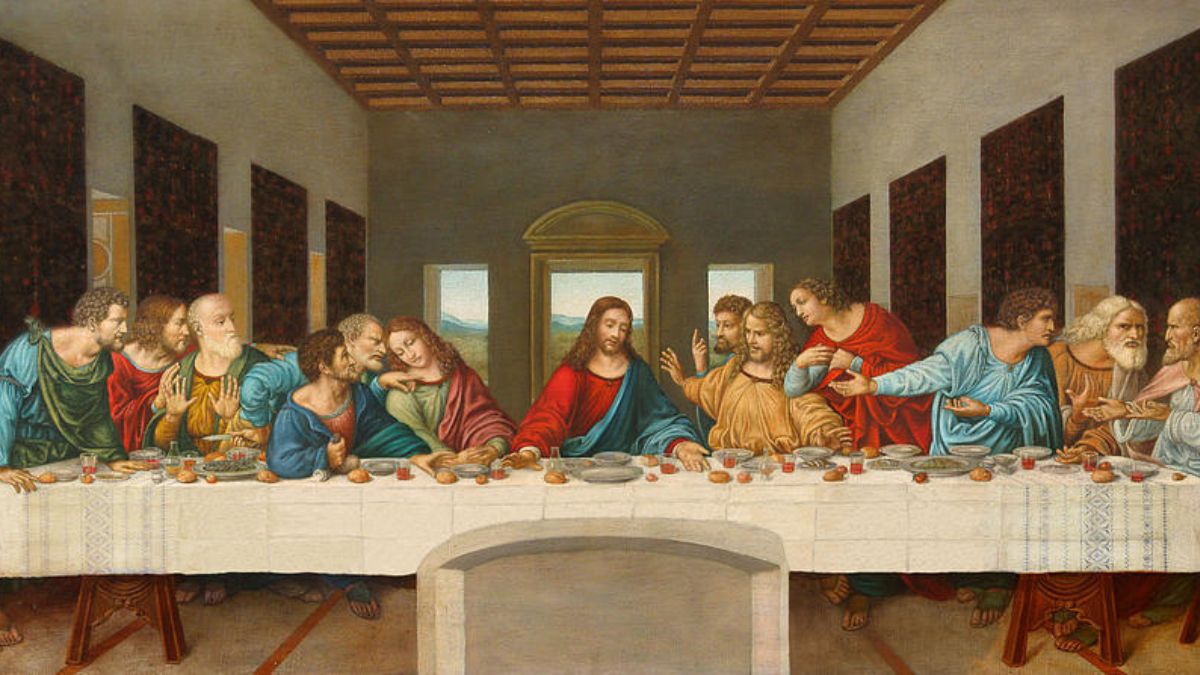

BreakPoint
Have It Your Way
Last week I was visiting a gravely ill friend in San Diego and was startled to find out I was just two houses down from a place now etched in the American consciousness: the mansion where members of the Heaven’s Gate cult committed mass suicide. News commentators have rushed to paint the tragedy as an indictment of all religion. Media mogul Ted Turner said, “Is there that much difference [between Heaven’s Gate and] other religions [that say] you’re going to heaven?” Jeff Simon of the Buffalo News drew parallels between Heaven’s Gate and Christianity and then concluded: ”Unfortunately, sometimes we do horrible things as a result of our beliefs.” In essence, the commentators were lumping Christianity and cultists together as though Christianity were the wedge that leads to such extremism. Well, the truth is that Christianity is the bulwark against extremism. G. K. Chesterton, the great British writer, once said that when people stop believing in Christianity, they don’t believe in nothing. Instead, they believe in anything. What Chesterton meant is that Christianity is a reasonable faith: It has been confirmed through 2,000 years by history, archeology, and science. It has been expressed in works of theology and philosophy, in great compositions of art and music. Those who turn from this vast and venerable tradition are prone to veer off into private enthusiasms and fanaticisms. Especially in our modern age, with its outright rejection of all authority. “Question authority” is more than a bumper sticker slogan, it’s also an attitude hard-wired into the American psyche. The most popular philosophical stance today is a radical individualism—an insistence on “doing our own thing,” on finding our own way to God, on constructing our own do-it-yourself “God kits.” But of course no man is an island, as John Donne said. No one of us really makes up our his religious ideas out of thin air. No one starts from scratch. When we reject one form of religious authority, we inevitably replace it with another form. We may simply absorb the ideas current in our cultural milieu—in which case we’ve made modern trends our authority. Or we may become vulnerable to the authority of a personality cult—which is what happened, tragically, to the members of Heaven’s Gate. That’s why Christianity is, not the cause, but the best defense against cults and other quixotic religious fads. It teaches us to beware of false messiahs, and to worship the one true God of the Bible and of history. So when you find yourself in conversations where people are shaking their heads over the tragedy of Heaven’s Gate, use the opportunity to explain where irrational cults really come from: from modern culture’s anti-Christian idea of individualized, custom-made religions. And the answer to the problem of cults is to teach people to quench their spiritual thirst at the well of Truth—the Truth that was revealed in time and space 2,000 years ago.
04/8/97















